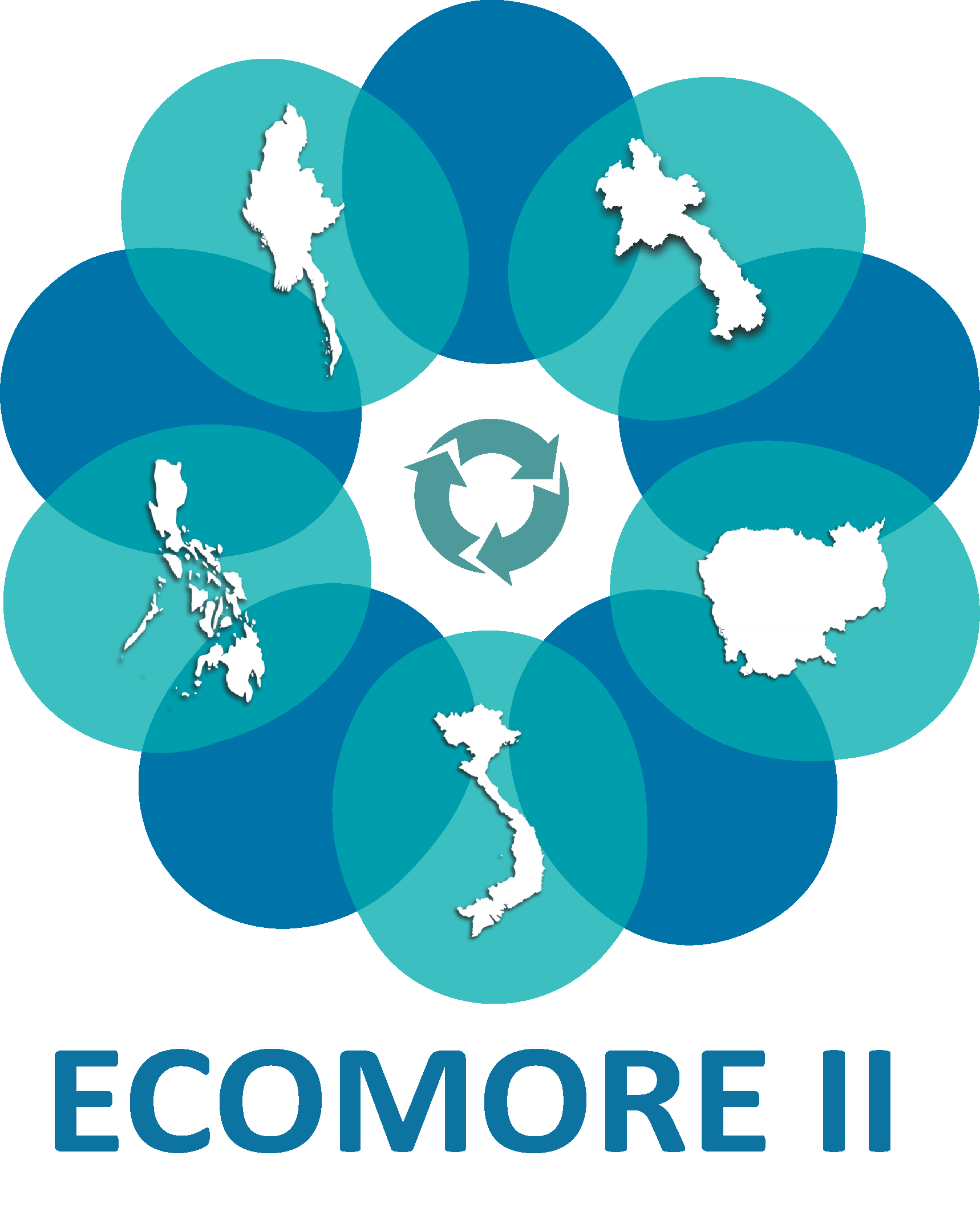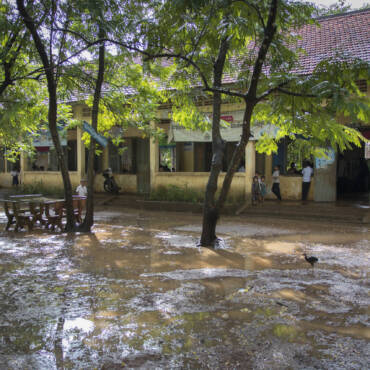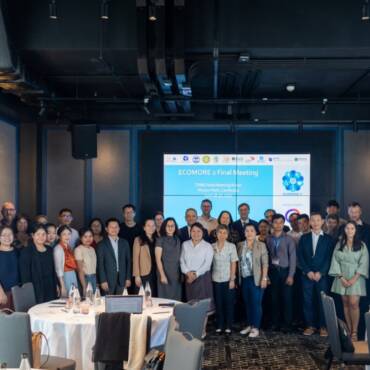After presentations made during the Steering Committee in Vientiane in November 2019 to show preliminary findings of the studies conducted in the framework of ECOMORE2 project, partners could recognize that a table of data may present facts and figures, but it doesn’t tell a story. Only maps can accurately point out which are the most affected areas, enabling to know why those areas have got most affected, what can be done to reduce the risk etc. Actually, the discipline of Geo-Health using GIS provides a strong framework for increasing ability to monitor these diseases and identify their causes and can be a complementary approach to bio-medical research in understanding the determinants of health.
As part of ECOMORE 2 project, the UMR Espace-Dev, Institut de Recherche pour le Développement (IRD), the Institut Pasteur du Cambodge and GeoLab.re have realized a tutorial to better practice GIS software (QGIS).
This document prepared to support the QGIS training held in May 2019 at IPC is now available online: ![]()
A deepening training is now planned at the end of April in Phnom Penh to advance knowledge of researchers who need to produce maps to present results of ECOMORE studies by representing populations, identifying disease clusters, identifying associations in a spatial context…
The training will show that geospatial techniques used with GIS, extend beyond the simple visualization of patterns. There are powerful geospatial methods available to address problems that are commonly posed by epidemiologists and public health service researchers.
The mapping of spatial data remains a useful way of conveying the results of any spatial analysis and health researchers should aim to develop collaborative teams with health-geographers.




Add Comment